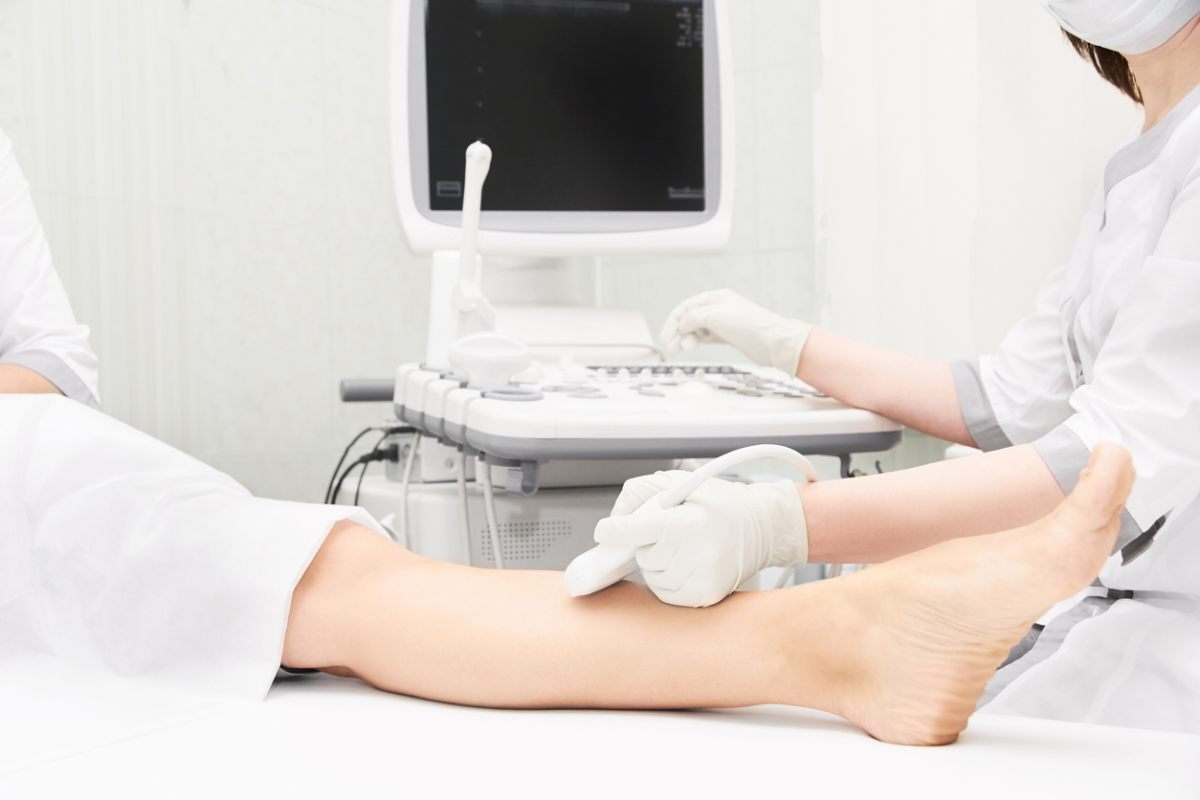If you are dealing with issues in your blood, your doctor may prescribe a venography. This is a vein test that injects martial into your veins so the doctors can see and analyze your blood flow. You may need this test if you are worried that you have blood clots, or if you are about to receive a certain type of bypass or dialysis. But are vein tests painful?
Are Vein Tests Painful?
But there’s one fear that most patients have when getting this test: Are vein tests painful? Do they leave a mark or a scar? It’s understandable to be afraid of the pain that might come from this kind of exam. Part of the comprehensive vein treatment in Beverly Hills that we offer is a comfort-focused treatment that centers your needs and securities above all else. Keep reading to find out what you can expect next time you are asked to take a vein test.
Why Get a Vein Test and How Do They Work?
Similar to an x-ray, vein tests highlight your veins and take images of your blood flow. By injecting a contrasting material into your bloodstream, doctors can accurately examine and diagnose certain medical conditions within your blood.
You might need a vein test to find blood clots, locate a strong and healthy vein for bypass, help administer future IV medications, and gain better access to the body’s varicose veins in preparation for surgery. You may be asked to stop eating or drinking for several hours leading up to the procedure. If you take certain medications, be sure to let your doctor know in advance.
Do Venograms Hurt?
When getting venography, you will be told what to expect from your trusted medical team. This test is typically smooth, easy, efficient, and not too painful. However, there are a few complications that patients should be aware of. Many folks do experience some pain when the needle is initially inserted into the veins, or when the needle needs to be pushed deeper. Once the needle is inside, the subsequent process is usually not as painful.
Some patients also risk reacting to the dye used to perform the x-ray exam. It may cause itchiness, redness, or hives all over the skin. Extreme reactions may even cause vomiting. Other reactions include damaged veins or a pulmonary embolism, which is a serious but very rare occurrence.
Understanding Your Venogram Results
Depending on the condition of your blood, your doctor may share different results with you. A “normal” result indicates that your blood is healthy and there are no serious issues with your flow of blood. Abnormal results may suggest that you are dealing with inflammation, a blood clot, or even a possible tumor. Your doctor will talk to you further about what your specific test results mean.
If you are preparing for a surgery or your doctor needs to explore part of your body with imaging, venography may not always be the best answer. If you don’t respond well to the treatment, if you are allergic to the x-ray dye, or if you have a condition that is blocked by venogram testing, your doctor may suggest an ultrasound instead.
Prepare for CT and MRI Venography Today
Beverly Hills Vein and Cardiovascular Institute offers unique and cutting-edge treatments for MRI and CT venography in Beverly Hills. If your doctor recommends venous examination for whatever reason, it’s important that you understand what kind of testing to expect. The more you know, the more comfortable you will be during the imaging process – and the more accurate your results will be as well. Get in touch with our friendly and certified staff today to learn more about the different types of vein tests available.

